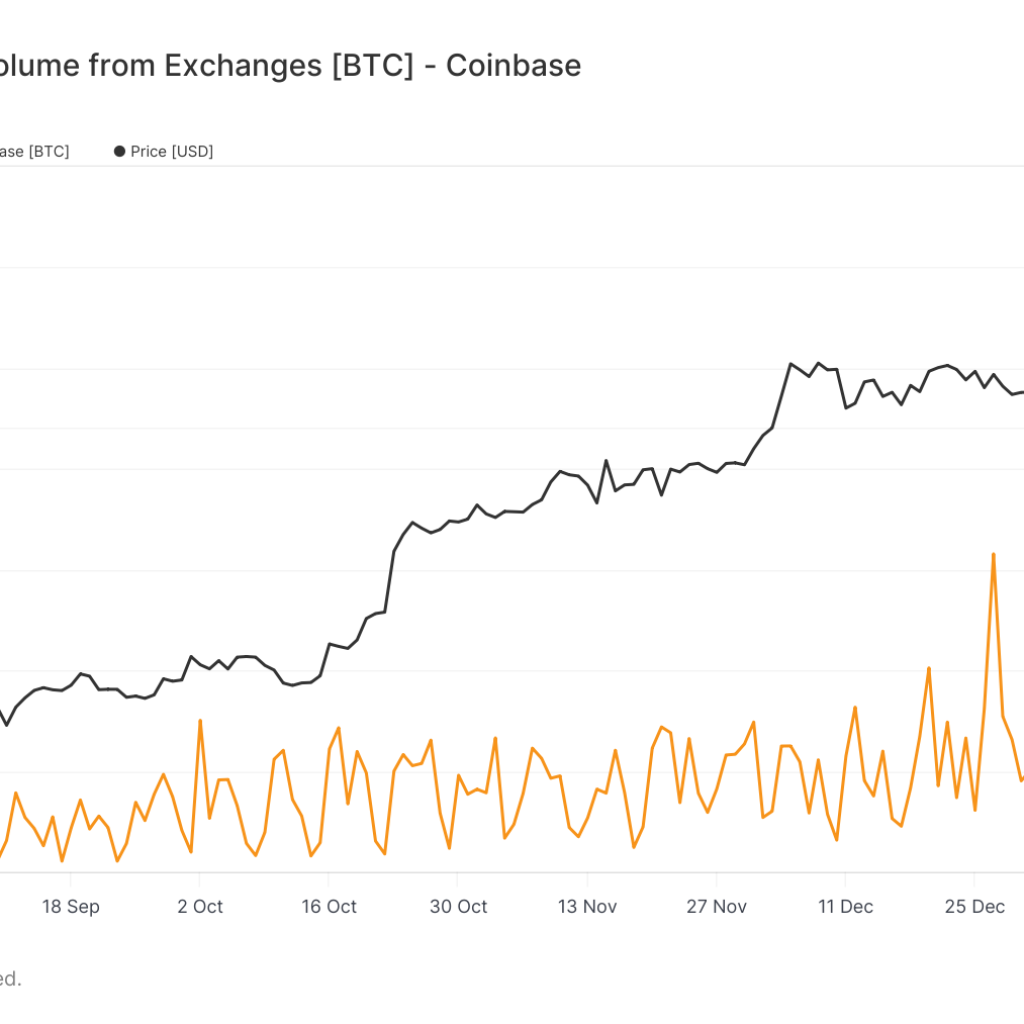
Bitcoin ETFs approved and trading in the US; SEC’s X account is hacked, causing havoc in markets; and Venezuela discontinues its national cryptocurrency, Petro.
The U.S. Securities and Exchange Commission has officially approved the United States first regulated spot Bitcoin exchange-traded funds. On Jan. 10, the regulator approved applications from ARK 21Shares, Invesco Galaxy, VanEck, WisdomTree, Fidelity, Valkyrie, BlackRock, Grayscale, Bitwise, and Franklin Templeton just one day after a false announcement posted from the SECs official Twitter account wreaked havoc on markets. The first day of trading reached more than $4.5 billion in total volume across ten ETFs, with Grayscale Bitcoin Trust as a top performer, handling $2.3 billion in volume on day one.
The U.S. SEC did not have two-factor authentication enabled on its main X account, allowing a hacker to gain access to it and publish a false approval of a spot Bitcoin exchange-traded fund (ETF). According to X (formerly Twitter), an unidentified actor gained control of the phone number associated with the account and used that to gain access to the SECs official X page. This type of hack is commonly known as a SIM swap. The security breach was followed by requests from senators calling on the SEC to provide a report to Congress within the next few days. The Federal Bureau of Investigation is investigating the security incident.
Venezuelan national cryptocurrency the Petro will cease to operate on Jan. 15, according to press reports. The coin was created in 2018 to help the country evade United States sanctions but was never widely used. The state-run, oil-backed crypto was launched after the countrys fiat currency, the bolivar, declined sharply under pressure from United States sanctions and after Bitcoin had already gained a firm foothold in the country. The Petro was not a central bank digital currency (CBDC). The Central Bank of Venezuela announced plans to create a CBDC in 2021, but those plans never came to fruition.





